Overview
Forging is a manufacturing process that involves shaping metal using localized compressive forces. Different materials are used in forging, each offering unique properties and applications. Understanding these materials is crucial for selecting the right one for your specific needs.
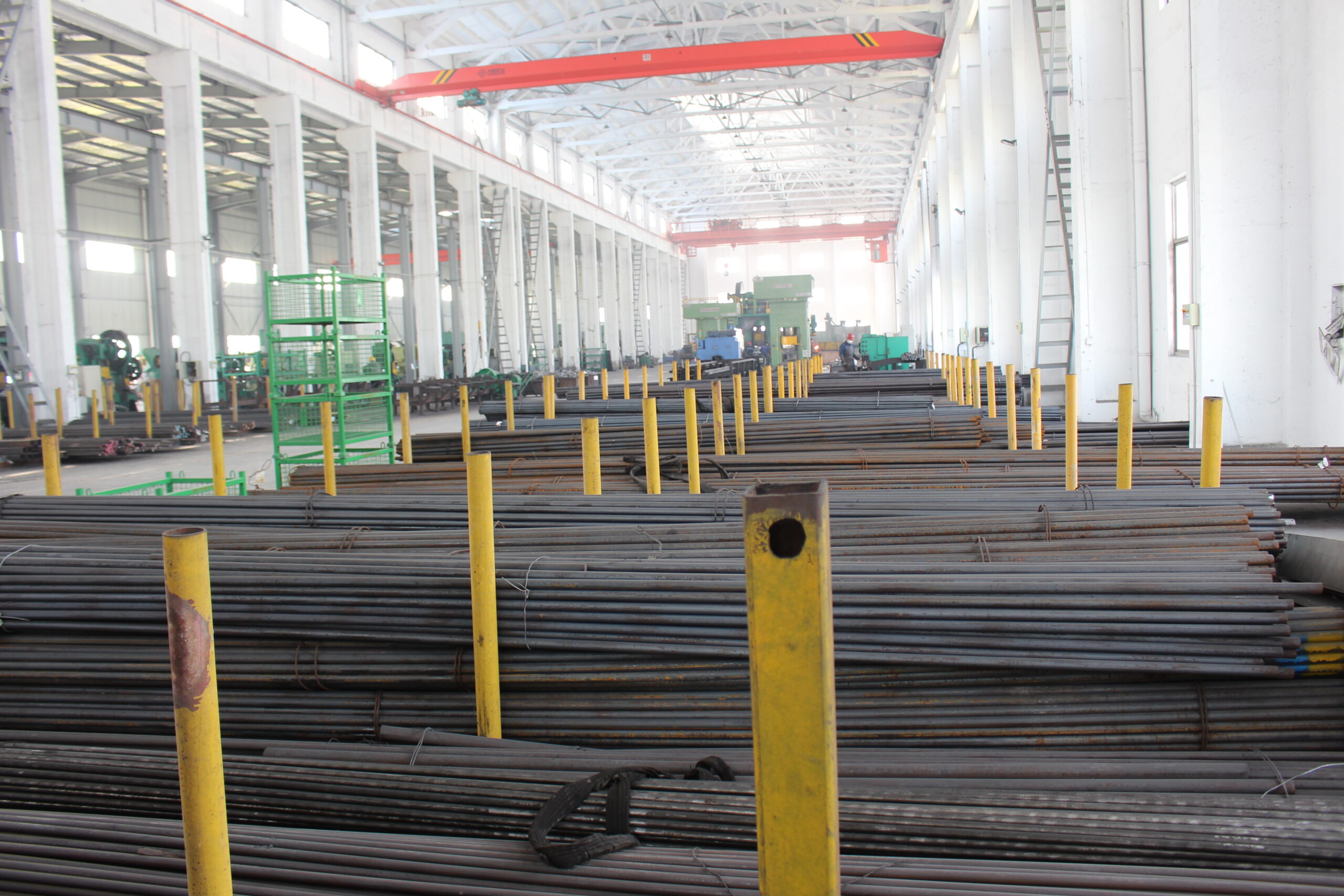
Forging Materials
Choosing the Right Forging Materials
consider the following factors:
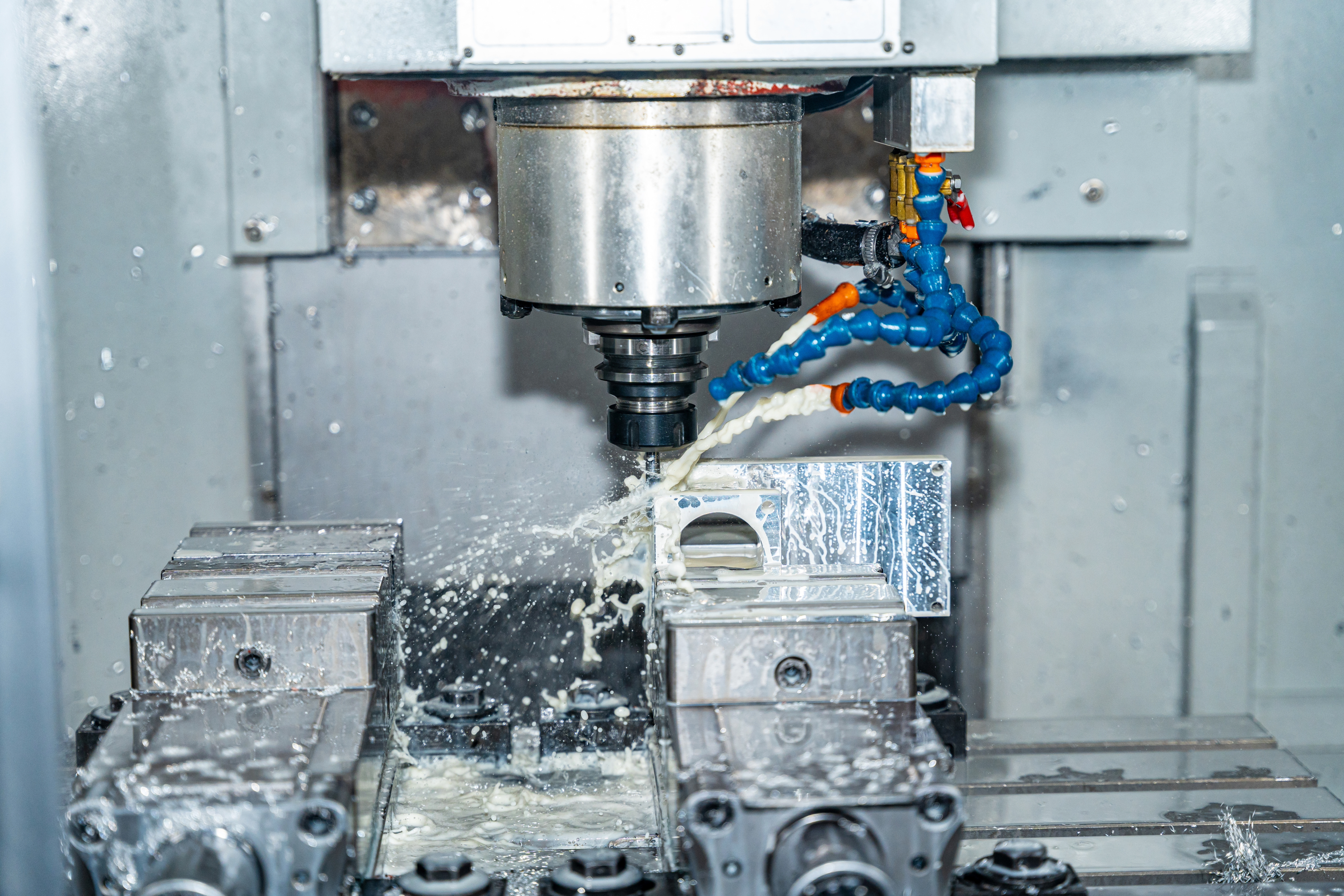
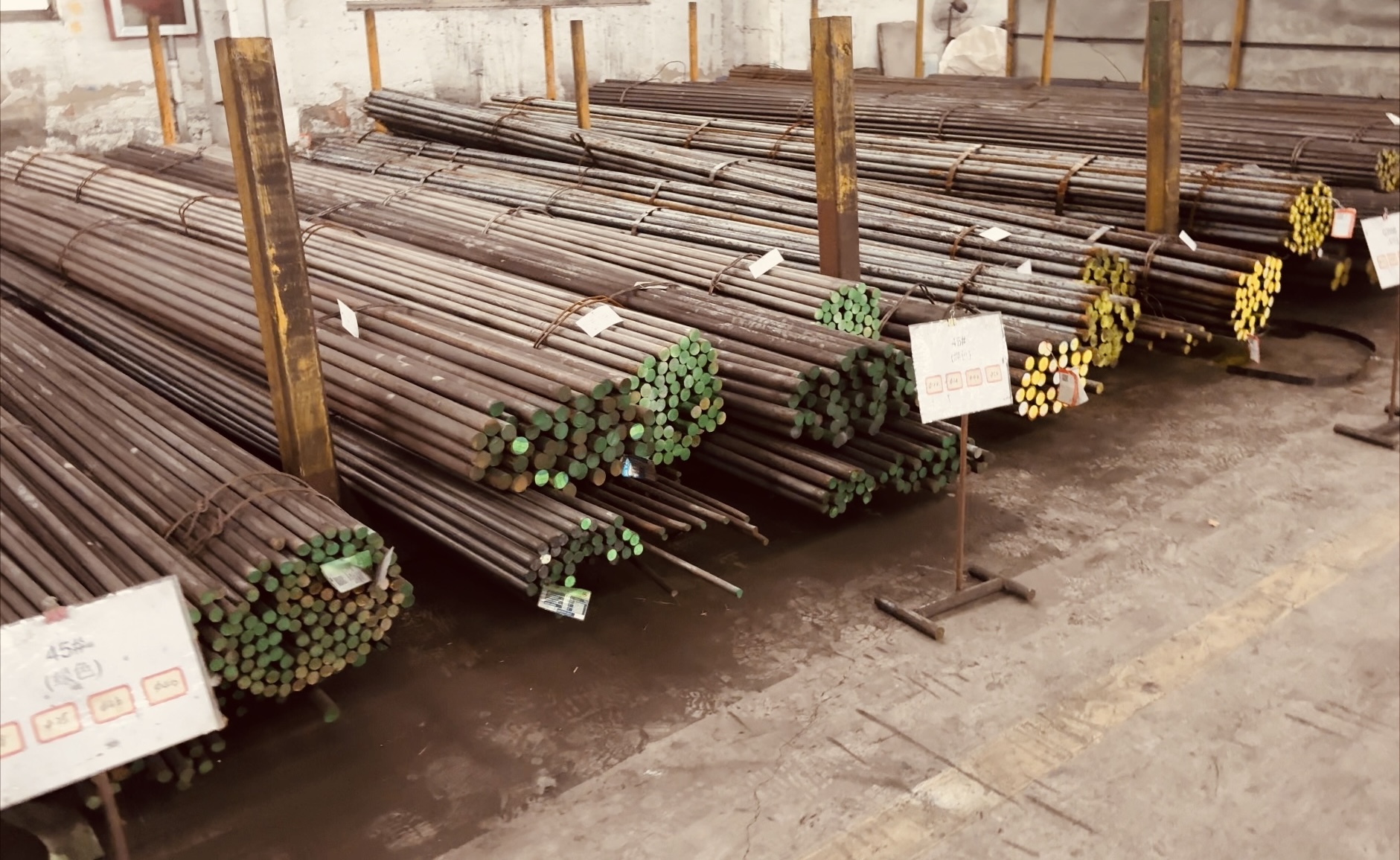
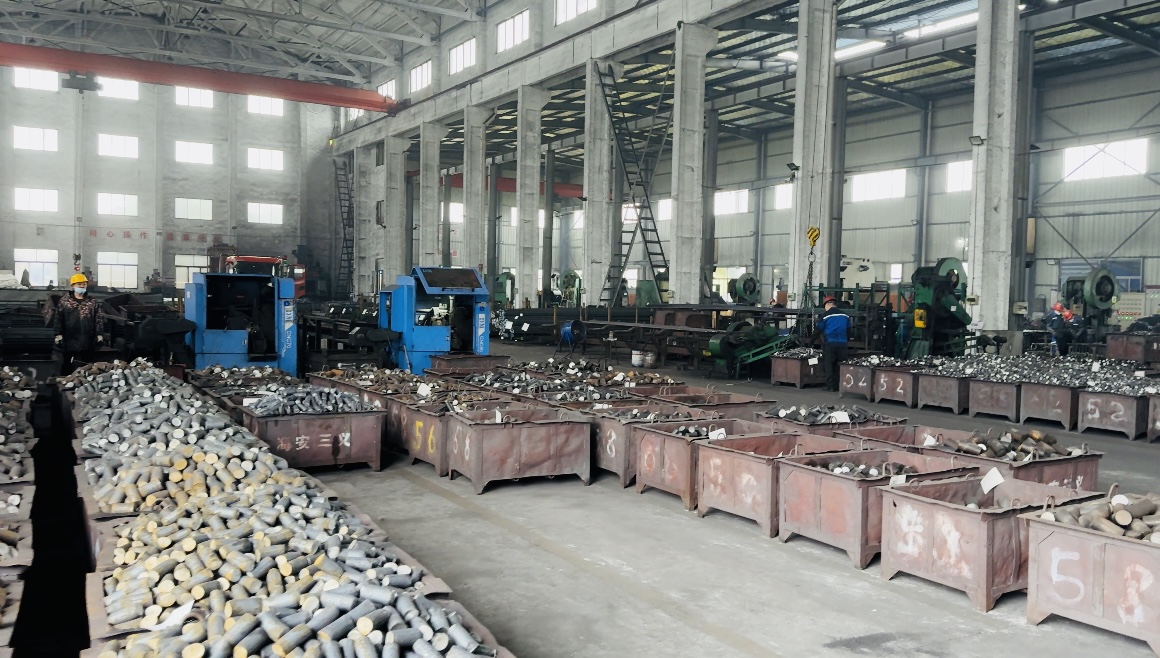
Mechanical Properties
Strength, hardness, toughness, and fatigue resistance.
Heat Resistance
Ability to maintain integrity at service temperatures.
Corrosion Resistance
Suitability for the environmental conditions.
Machinability
Ease of machining to desired specifications.
Industry Standards
Compliance with relevant industry standards.
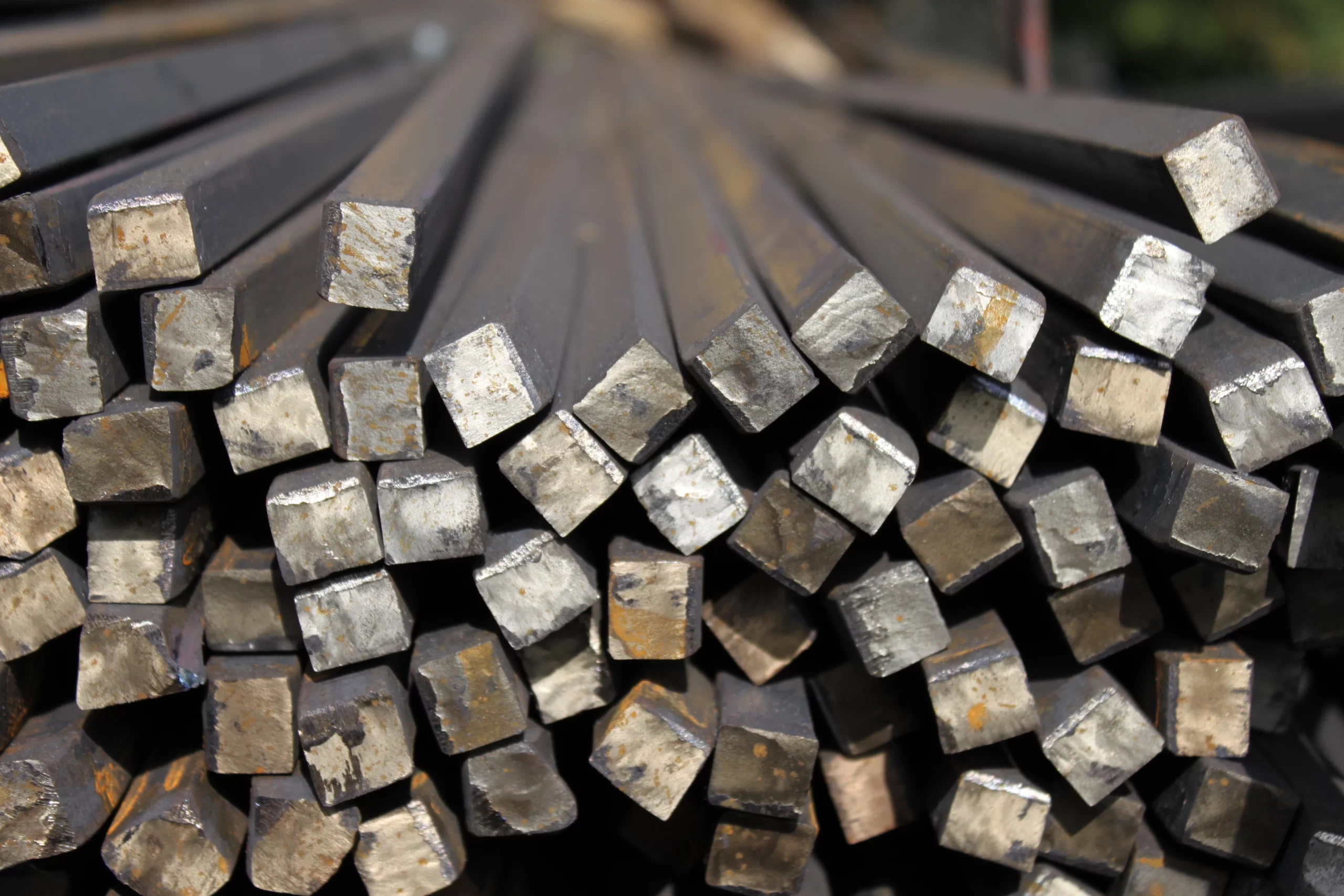
Carbon Steel
Grades: Common grades include 10#, 35#, and 45#.
Carbon Steel
Description: Carbon steel is an alloy of iron and carbon and is known for its strength and versatility.
Applications: Used in automotive parts, structural components, tools, and machinery.
High tensile strength and durability
Good machinability and weldability
Affordable and widely available
Grades: Includes 40Cr, 65Mn, and 60Si2Mn.
Alloy Steel
Description: Alloy steels contain additional alloying elements (such as chromium, nickel, and molybdenum) to improve properties.
Applications: Commonly used in heavy machinery, aerospace components, and power generation.
Enhanced strength and toughness
Better wear and corrosion resistance
Suitable for high-stress applications
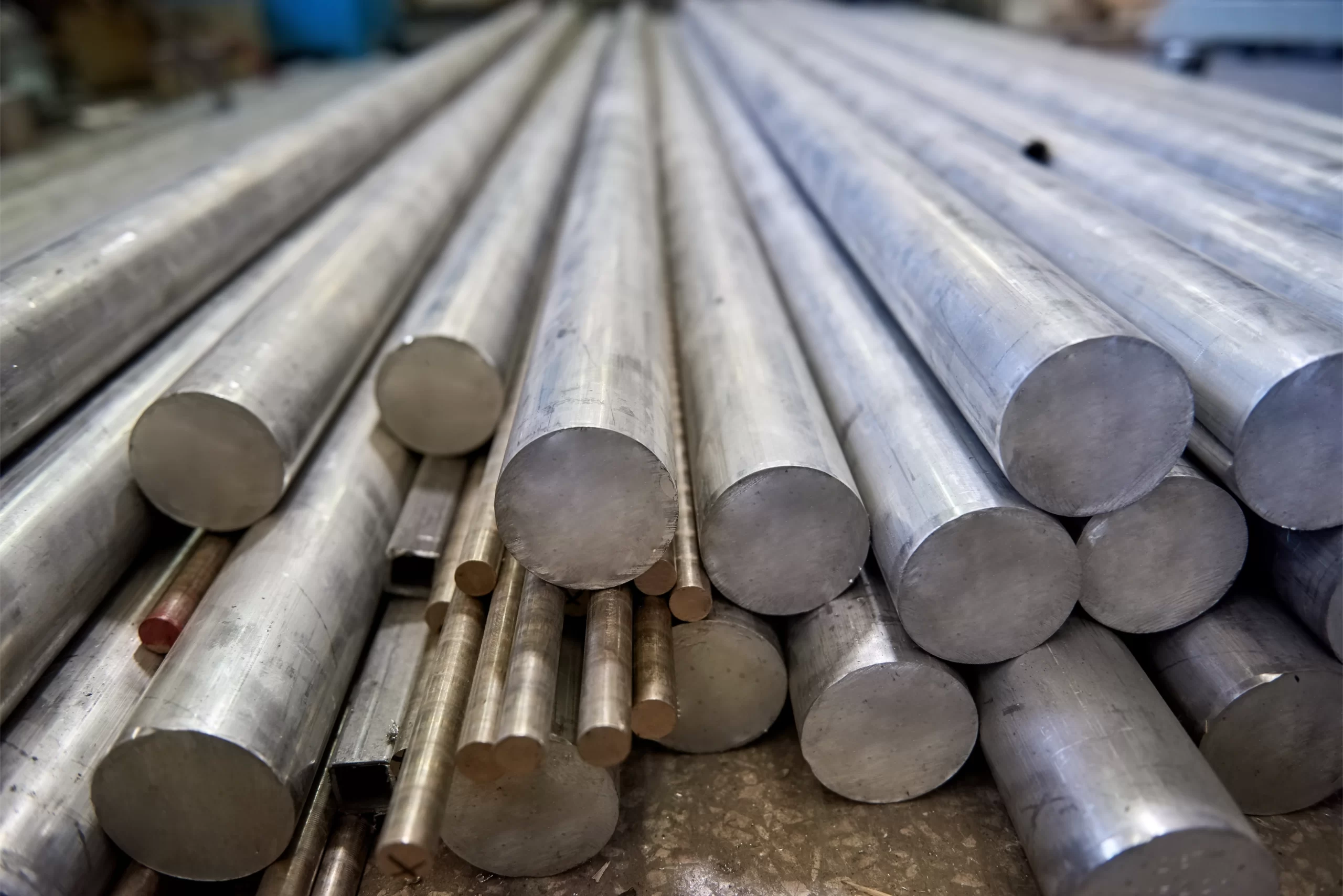
Alloy Steel
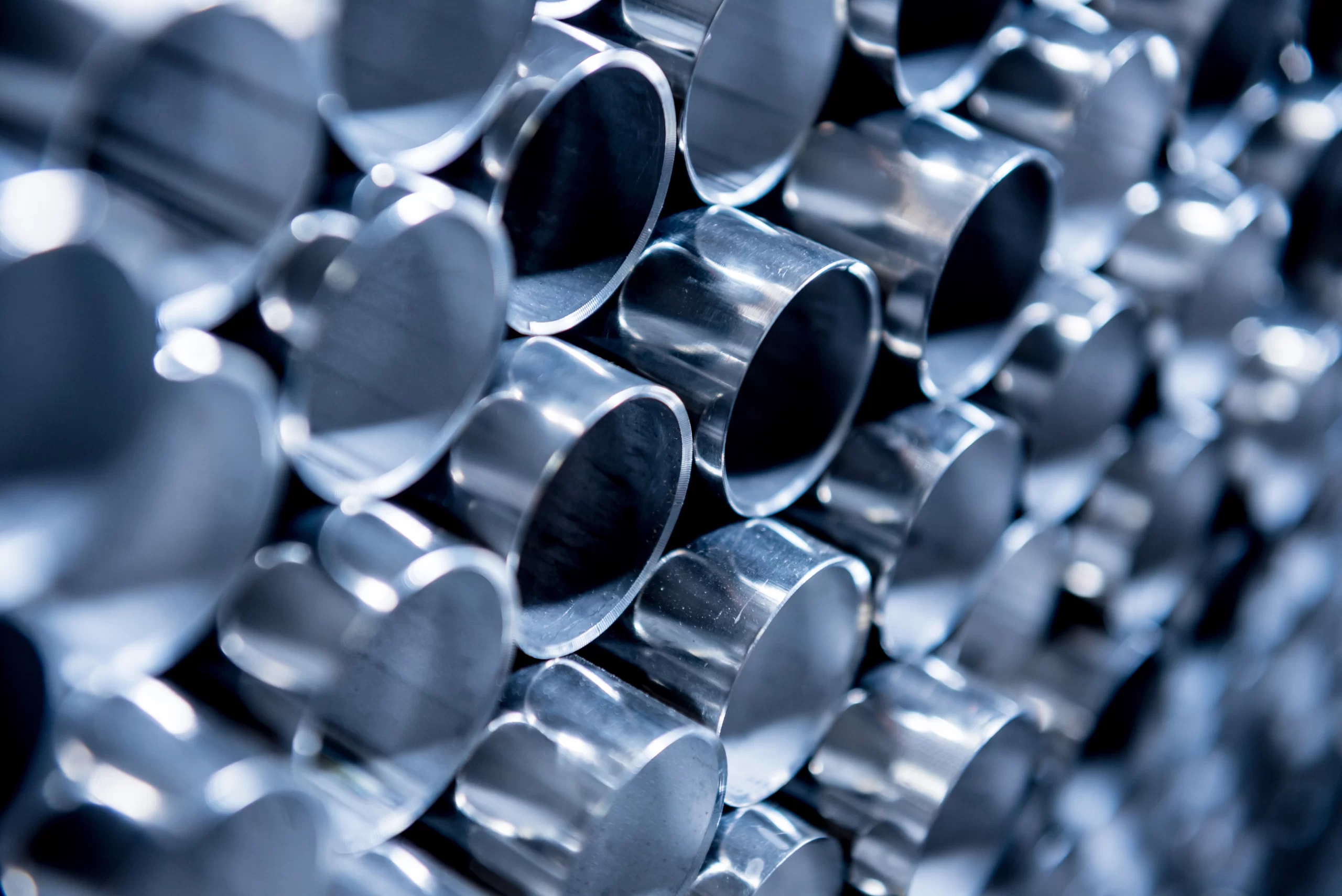
Stainless Steel
Stainless Steel
Description: Stainless steel is an alloy with a minimum of 10.5% chromium content, offering excellent corrosion resistance.
Applications: Ideal for medical devices, marine equipment, and food processing machinery.
High corrosion resistance
Good strength and ductility
Aesthetic appearance
Tool Steel
Description: Tool steels are high-carbon steels that are particularly well-suited for making tools.
Applications: Used for cutting tools, molds, and dies.
High hardness and wear resistance
Retain cutting edge
Can withstand high temperatures
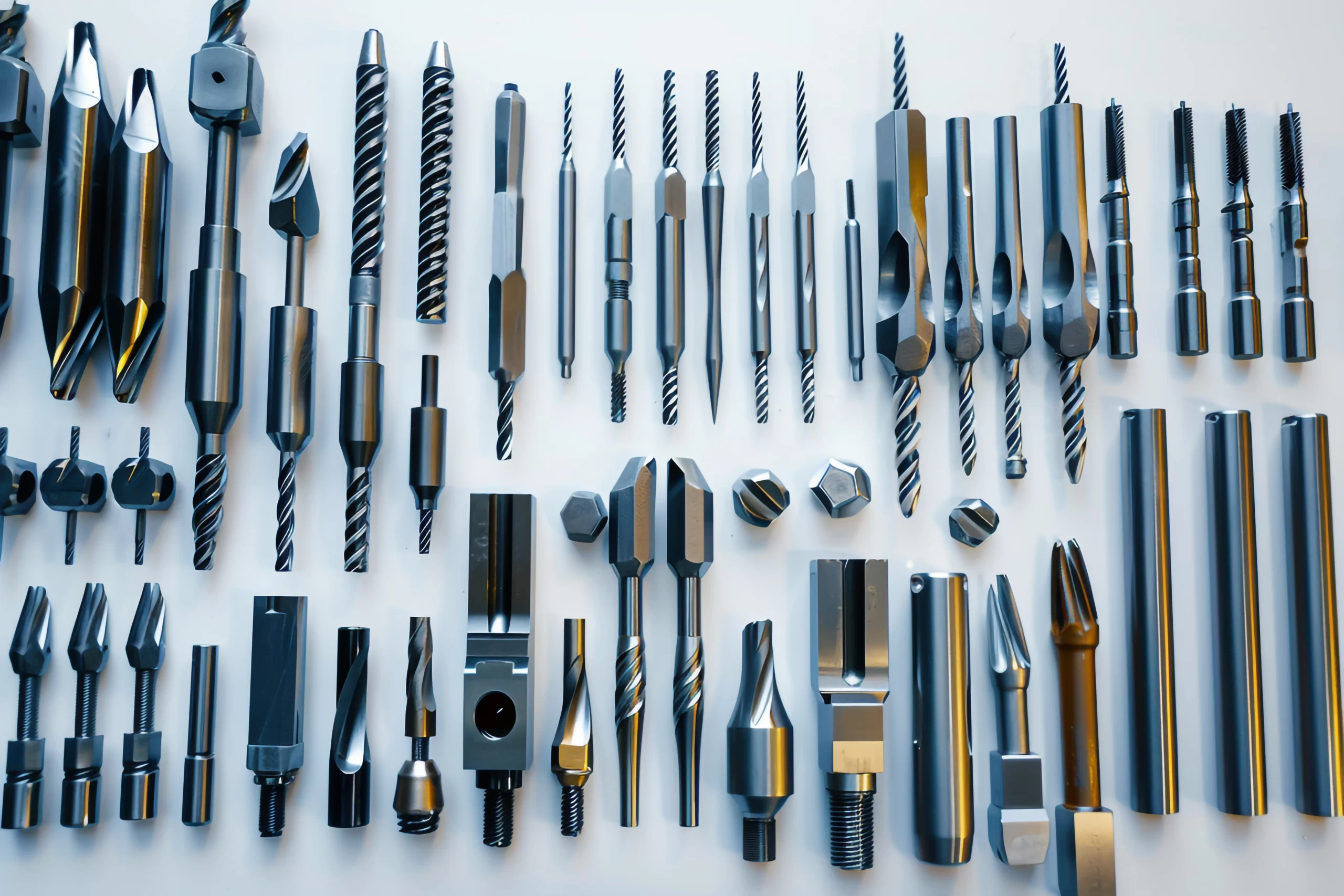
Tool Steel
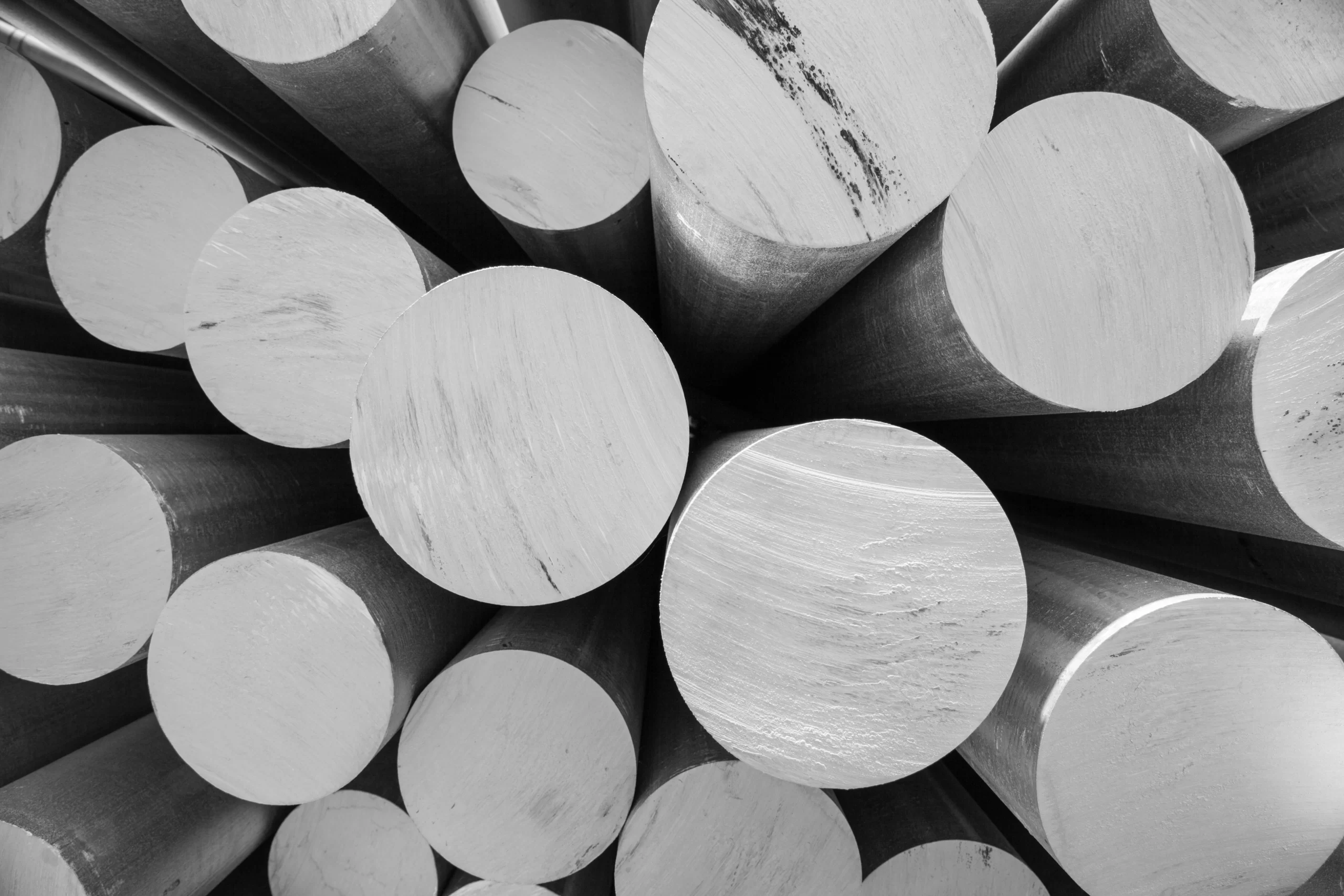
Aluminum Alloys
Aluminum Alloys
Description: Aluminum alloys are lightweight and corrosion-resistant, suitable for various applications.
Applications: Widely used in aerospace, automotive, and consumer goods.
Lightweight and high strength-to-weight ratio
Excellent corrosion resistance
Good conductivity and machinability
Common Forging Materials
Q235B
• US Equivalent: ASTM A36
• Description: ASTM A36 is a widely used carbon steel for construction and structural applications.
• Properties: Minimum yield strength of 250 MPa (36 ksi).
Q355B
• US Equivalent: ASTM A572 Grade 50
• Description: ASTM A572 Grade 50 is a high-strength, low-alloy structural steel.
• Properties: Minimum yield strength of 345 MPa (50 ksi), with good weldability and toughness.
10#
• US Equivalent: ASTM A29 Grade 1010
• Description: ASTM A29 Grade 1010 is a low-carbon steel with good weldability and formability.
• Properties: Carbon content of 0.08-0.13%, minimum yield strength of 205 MPa (30 ksi).
35#
• US Equivalent: ASTM A29 Grade 1035
• Description: ASTM A29 Grade 1035 is a medium carbon steel with good strength and toughness.
• Properties: Carbon content of 0.32-0.38%, minimum yield strength of 335 MPa (49 ksi).
45#
• US Equivalent: ASTM A29 Grade 1045
• Description: ASTM A29 Grade 1045 is a medium carbon steel with higher strength and hardness.
• Properties: Carbon content of 0.42-0.50%, minimum yield strength of 450 MPa (65 ksi).
65Mn
• US Equivalent: ASTM A29 Grade 1566
• Description: ASTM A29 Grade 1566 is a high-carbon, high-manganese steel used for making springs.
• Properties: Carbon content of 0.60-0.71%, manganese content of 0.85-1.15%, minimum yield strength of 735 MPa (107 ksi).
60Si2Mn
• US Equivalent: ASTM A689 Grade 9260
• Description: ASTM A689 Grade 9260 is a high-strength silicon-manganese spring steel.
• Properties: Carbon content of 0.56-0.64%, silicon content of 1.50-2.00%, manganese content of 0.60-0.90%, minimum yield strength of 1274 MPa (185 ksi).
40Cr
• US Equivalent: ASTM A29 Grade 5140
• Description: ASTM A29 Grade 5140 is an alloy steel with good hardenability and mechanical properties.
• Properties: Carbon content of 0.38-0.43%, chromium content of 0.70-0.90%, minimum yield strength of 835 MPa (121 ksi).
Forging Materials specific properties & applications
Q235B
Description: Q235B is a carbon structural steel with good comprehensive mechanical properties.
Properties:
• Yield Strength: ≥235 MPa
• Tensile Strength: 370-500 MPa
• Elongation: ≥26%
• Hardness: ≤ HB 160
Applications: Used for general engineering structures and general mechanical parts, such as bridges, ships, and vehicles.
Notes: It is equivalent to ASTM A36 steel in the United States.
Q355B
Description: Q355B is a low-alloy high-strength structural steel with good mechanical properties and weldability.
Properties:
• Yield Strength: ≥355 MPa
• Tensile Strength: 490-630 MPa
• Elongation: ≥21%
• Impact Resistance: V-notch impact energy at -20°C is ≥34J.
Applications: Widely used in bridges, vehicles, ships, buildings, pressure vessels, and machinery manufacturing.
Notes: It has better performance than Q235B, especially in terms of strength and toughness.
10#
Description: 10# is a high-quality carbon structural steel with low carbon content.
Properties:
• Carbon Content: 0.07-0.13%
• Yield Strength: ≥205 MPa
• Tensile Strength: 315-430 MPa
• Elongation: ≥28%
Applications: Suitable for manufacturing parts that require good weldability, such as bolts, nuts, and rods.
Notes: It has good plasticity and toughness but low strength.
35#
Description: 35# is a medium carbon steel with moderate strength and toughness.
Properties:
• Carbon Content: 0.32-0.39%
• Yield Strength: ≥335 MPa
• Tensile Strength: 590-780 MPa
• Elongation: ≥17%
Applications: Commonly used for manufacturing parts that require moderate strength, such as shafts, gears, and axles.
Notes: It has good machinability and can be hardened by quenching and tempering.
45#
Description: 45# is a high-quality carbon structural steel with high strength and good machinability.
Properties:
• Carbon Content: 0.42-0.50%
• Yield Strength: ≥355 MPa
• Tensile Strength: 600-800 MPa
• Elongation: ≥16%
Applications: Widely used for manufacturing high-strength mechanical parts, such as gears, shafts, and bolts.
Notes: It can be heat-treated for higher strength and hardness.
65Mn
Description: 65Mn is a high-carbon manganese spring steel with excellent elasticity and hardness.
Properties:
• Carbon Content: 0.62-0.70%
• Manganese Content: 0.90-1.20%
• Yield Strength: ≥735 MPa
• Tensile Strength: ≥980 MPa
• Elongation: ≥10%
Applications: Ideal for making springs, saw blades, and high-strength parts.
Notes: It has good wear resistance and can be hardened and tempered to high hardness levels.
60Si2Mn
Description: 60Si2Mn is a high-strength silicon-manganese spring steel with excellent fatigue resistance.
Properties:
• Carbon Content: 0.56-0.64%
• Silicon Content: 1.50-2.00%
• Manganese Content: 0.60-0.90%
• Yield Strength: ≥1274 MPa
• Tensile Strength: ≥1570 MPa
• Elongation: ≥8%
Applications: Commonly used for manufacturing coil springs, leaf springs, and other high-stress components.
Notes: It has excellent performance under cyclic loading conditions.
40Cr
Description: 40Cr is an alloy steel with good comprehensive mechanical properties and high hardenability.
Properties:
• Carbon Content: 0.37-0.44%
• Chromium Content: 0.80-1.10%
• Yield Strength: ≥835 MPa
• Tensile Strength: ≥980 MPa
• Elongation: ≥9%
Applications: Used for manufacturing parts that require high strength and toughness, such as gears, shafts, and crankshafts.
Notes: It can be quenched and tempered for enhanced mechanical properties and surface hardness.
